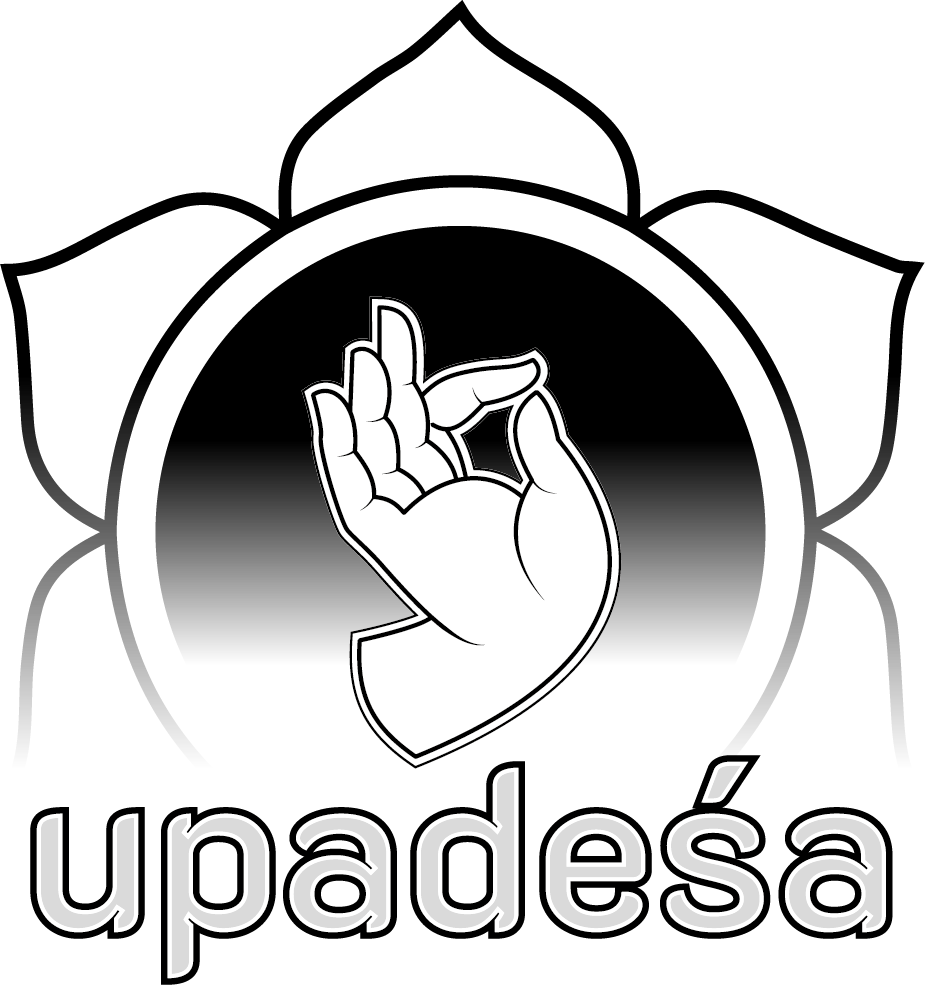Having a mentor enables you to talk through your experiences in meditation and reflection. This brings those experiences out of the subjective and enables you to see what is going on, as it were, more objectively. Talking these things through with someone who understands, is an invaluable part of the process of integration and assimilation.
The mentor would generally be someone with a little more experience and ideally they would have their own mentor. This means that they will have knowledge of the terrain and be able to help in the development of a vocabulary of ways of expressing your experience. They will also help in the development of more meditation ‘tools’.
The mentor needs to be a good listener and able to put aside their own concerns for the most part of the exchange. They would also have a robust practice of meditation and insight of their own.
Mentoring in this way is very much part of the Buddhist tradition: the disciples going to the Buddha, the Tibetan lama and the Zen master. However, within the order nowadays, we need very little hierarchy etc. Mentoring is a form of natural communication and as such, the person being mentored may well know more about certain areas, and anyway, the learning will almost invariably be on both sides. In an important way, it is the functioning of the Sangha in the best sense.


Comments